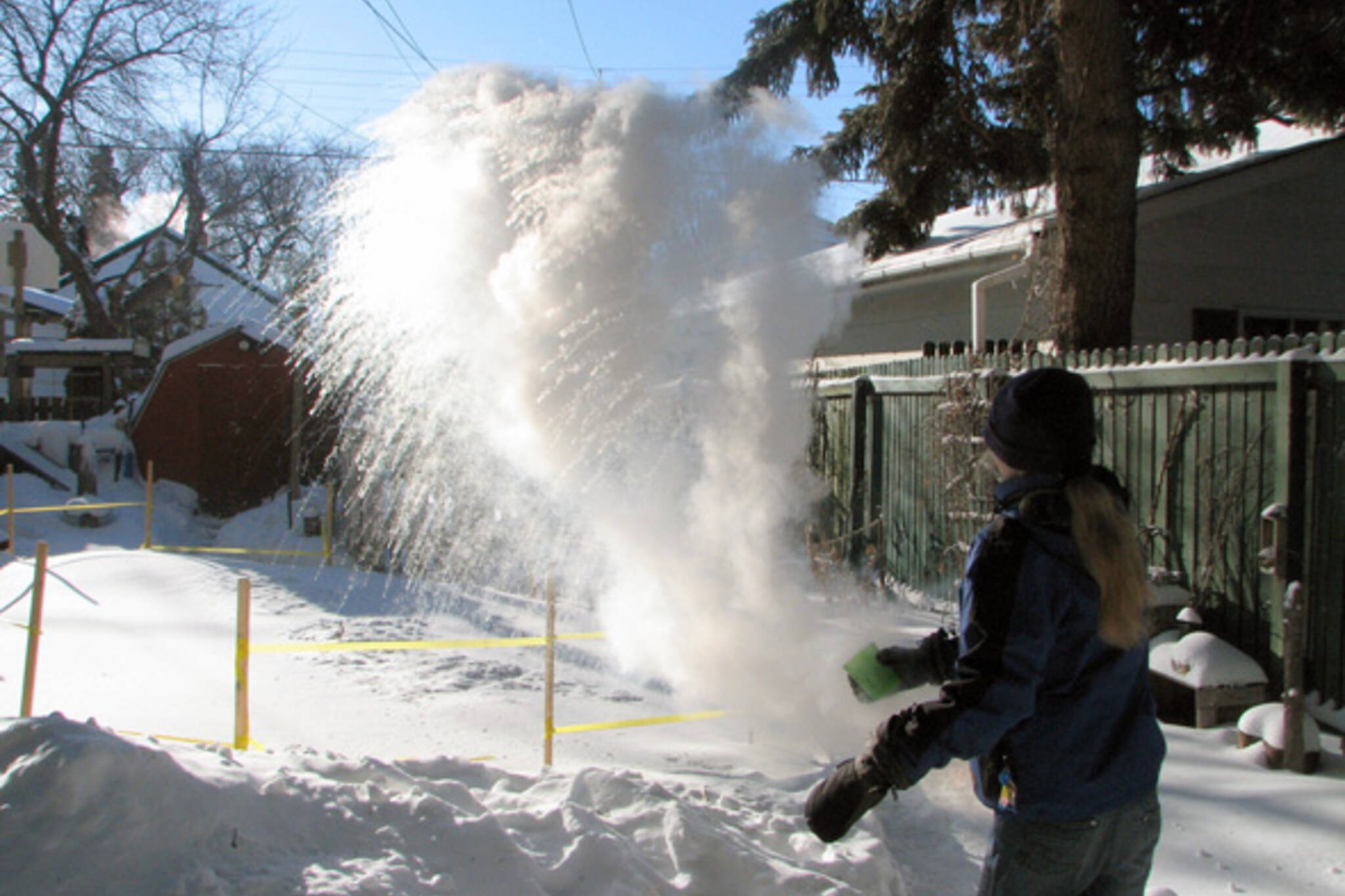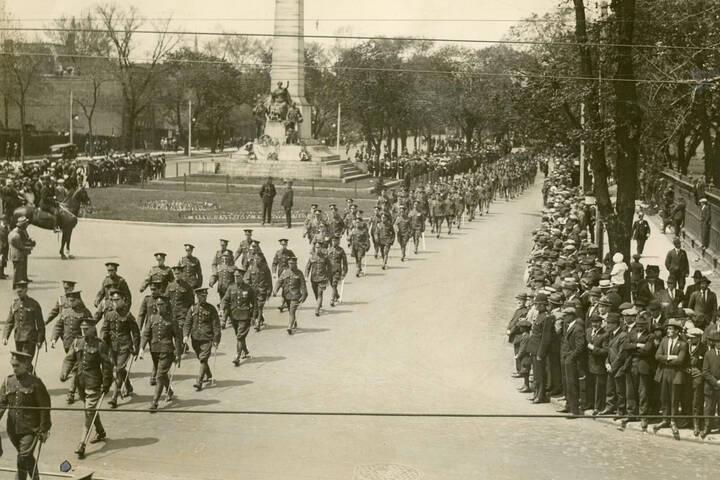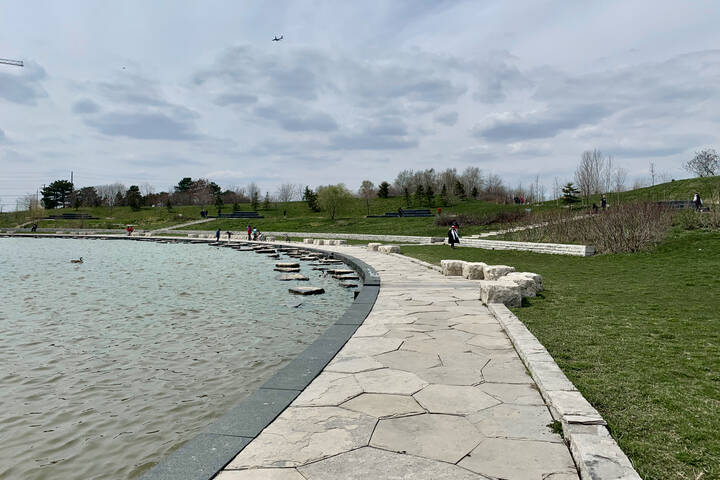
How cold was it in Toronto this weekend? This cold!
Torontonians are notorious for making a fuss about the weather. Even though one would think that we're all used to a little cold, when the mercury drops below -10C or so, some serious complaining generally ensues. I'm sure people who live in places like Winnipeg, Edmonton and Yellowknife think we're a bunch of whiners -- for this and other reasons -- but every once in a while we get a cold spell that's worthy of a collective moan. And I'd venture that these last few days made the cut (last night the low was -20C).
By way of proving this point, and to make a quick return to primary school science, here is some video evidence. As a few family members taught me over the weekend (thanks, Romains!), when the temperature drops below a certain point, throwing boiling water into the air will cause it to transform almost immediately into ice crystals.
A similar video of this phenomenon shot by a Yellowknife resident earlier this month has become quite the YouTube sensation, racking up over two and a half million views in the last three weeks or so. But, screw you Northwest Territories, we can do it too!
In case you're curious, here's an explanation of why this happens:
"Some people claim that hot water freezes faster because a pot of boiling water can be thrown into the air on a cold winter day, and it freezes in mid air creating a shower of ice crystals. Whereas a pot of cold water thrown into the air comes down as large blobs of water. This happens because the hot water is so close to being steam, that the act of throwing it into the air causes it to break up into tiny droplets. The small water droplets have a large surface area which allows for a great deal of evaporation, this removes heat quickly. And finally, the cooled droplets are so small, that they can be easily frozen by the winter air. All of this happens before the water hits the ground. Cold water is thicker and stickier, it doesn't break up into such small pieces when thrown into the air, so it comes down in large blobs." (Joe Larsen, Ph.D. Chemistry, Rockwell Science Center, Los Angeles, CA).
Latest Videos
Latest Videos
Join the conversation Load comments







